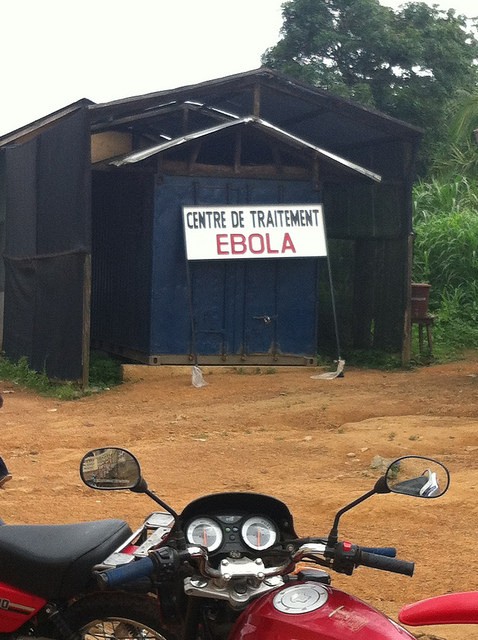
Although Ebola seems to have become manageable in Guinea and Liberia, two of the three worst-hit West African nations in the recent outbreak, the same thing cannot be said in Sierra Leone, as it struggles to keep up with treating patients despite the lack of beds and food scarcity.
In a report published in Reuters on Thursday, November 6, the U.N. Mission for Ebola Emergency Response (UNMEER) shares that in order to control the outbreak, the needs of the people of Sierra Leone, especially the patients, should be met.
One, there should be adequate bedding. As of the moment, there are only 4 qualified treatment centers for Ebola in the country with a total bed capacity of no more than 300. By December, the number of units must increase to 1,864, but based on the projected 10 new facilities, the most number of beds that might be available is only 1,333.
Because of this, many patients and their families are forced to perform their treatment in their home, where they won't have access to sufficient protective gear and be provided with proper medical training.
It also doesn't help that because of the outbreak, the level of confidence of its people on its health care system has greatly diminished, with many avoiding going to hospitals for treatment, including for preventable diseases. This makes UNMEER believe that the actual number of cases in the country is much higher than the official count.
Aside from lack of beds, UNMEER also mentions the scarcity of food in the region, which compels quarantined families and individuals to leave their houses in order to search for food.
The UN has stepped up to address this need by distributing food supplies through World Food Program (WFP) to more than 75% of Waterloo households that are in quarantine. However, according to Ertharin Cousin, executive director for WFP, they may be some areas where they weren't able to provide food simply because they weren't aware of such need. Thus, they are trying to meet the need as soon as they can.



